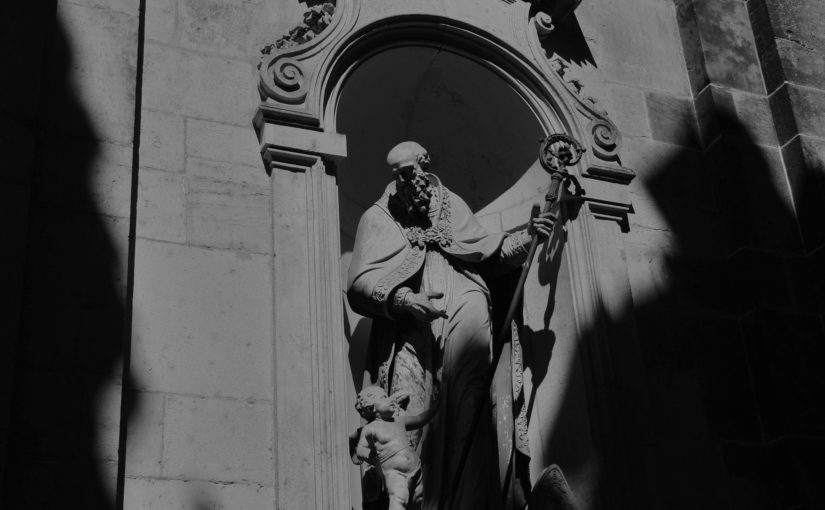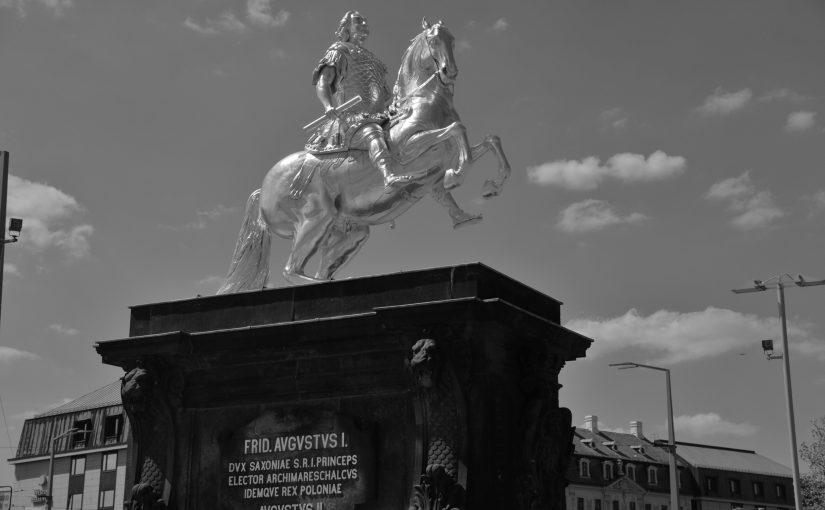This question has been asked and answered a thousand times so here is my opinion. With my 37 years of age I´ve read lots of political theory, have experienced and followed politics, talked about it and although I sometimes feel conservative thoughts getting through these days (because of age I guess) I manifested a left-wing liberalism in my head as the best political concept. So let me write about my thoughts on it.
There is a strange, mostly unexplainable paradox going on in the world: On the one hand more people than ever are complaining about the social, economical and political consequences of global capitalism; on the other hand this protest seems to lack a coherent vision of an alternative society so that this protest remains silent (on a global scale) or people are adhering conservatism and nationalism which both will not change anything. There is a lack of utopias.
One reason for this lack of “enthusiasm for revolution” is that in the western world most people are satisfied with their lifestyle and at most have fear that it will change. This may seem paradox to the sentence above but it seems to be human nature to be satisfied with an agreeable but could-be-better situation than to risk losing it for the chance of improvement.
Another reason why left utopias are very unpopular is that with the breakdown of the Berlin Wall and afterwards the breakdown of the Soviet Union and the obvious failure of the state-socialist system the self-confidence of people who were left was shattered and sometimes eliminated and it was not “chic” anymore to be left but rather one has to defend and explain himself.
But what is also clear after this failure of a huge social experiment is that it cannot be the claim of the left to put into reality a socialist concepts which includes a powerful state controlling everything. In the times of globalisation and capitalistic internationalization these concepts are obsolete anyways.
One of the difficulties left parties are facing today is that politics these days is driven by (mostly economical) necessities which make reformations very difficult, for example the politics of austerity in Europe cannot be abolished from today till tomorrow because there are many players and obligations in the game. The left may have ideas for a better system but it has to be clear that the obstacles to reach these goals may be too high. It is therefore important to accept that implementing left politics will take time, requires endurance and may even be bound to fail in certain areas.
The abstract goal of all left parties is the transformation of capitalistic economical and social order towards a socialist society. Concerning strategic questions on how to reach this goal the parties differ though: Should the transformation be organic reformatory or revolutionary? Is violence an option? Should there be a state-planned economy or small self-organizing production units? Is the resulting society libertarian or authoritarian?
So, how should left politics look like?
It should stand for strengthening international institutions and for reforms inside them, e.g. abolishment of the security council of the UN (this is an old relic from the Cold War and does not represent the situation of power today), reformation of the international finance architecture (IMF, World Bank, WTO) so that these institutions are not helpers of global companies but become adversaries of them, transformation of the EU towards a social union with more participation of the people. This requires international cooperation of left wing parties since it cannot be done alone.
One of the most important aspects of a global left initiative has to be the reduction of poverty in the third world, since this is the breeding room for terrorism and refugee movements which are problems that will become uncontrollable in the future. This is also one tough if not impossible ask since it requires that the people in the Western countries will have to radically question their lifestyle. Whoever does that will not get votes. It is way more likely that conservative or nationalist approaches will be favored. But I believe that more money transfers to countries in Africa, SE Asia, Central Asian and Central American states in combination with strengthening democratic structures in these countries is the only solution to stop the helplessness and desperation of the people there.
This goes hand in hand with protection of the environment, because climate change is another driver for people becoming refugees. The details for environmental protection are all there – establishing local production to reduce transportation, clean energy, taxes for pollutant industries, production efficiency etc. – so I won´t go into detail here.
Next point is regulation of the internet and internet companies. The obvious thing is to create a worldwide legal and tax framework in which companies have to operate. Today many large internet companies are paying very low taxes because they can set the origin of their “product” in almost any country in the world (guess which ones they choose) which is a scandal. Second, ligitable acts cannot be prosecuted because of different or non-existing laws. But the more interesting point is the creation of a consciousness for the dangers of the internet in regards to solidarity and communicative interaction – a very deep pedagogical task for every society. I haven´t read psychological studies on this but I believe that a generation growing up with Facebook (although this may sound paradox) will become more solitary and will show a lack of solidarity towards each other in real life.
Another task for left parties is the reformation of the working world away from the patriarchal system currently established. In most western states a woman has to make a decision between career and family leading to childlessness or dependency of the mother from the father. This can be done with a reformation of the tax system and more support towards educational institutions.
Another important task is the reformation of the social system. The concepts are also all there: a just tax system and closure of tax holes, empowerment of the lower classes, free education and health systems, controlling or abolishing lobbyism.




